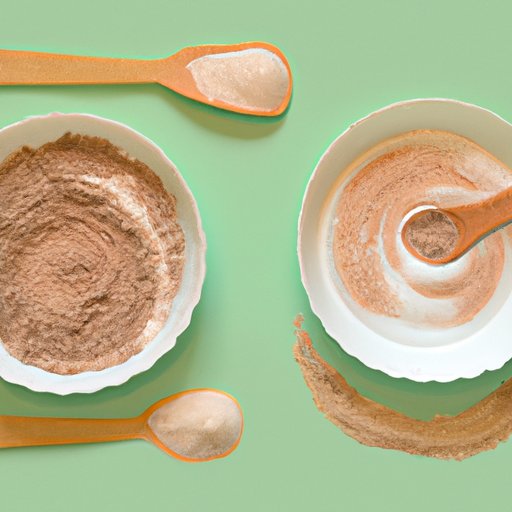Introduction
Large pores are a common problem that many of us face. They can make our skin look dull and uneven. However, having healthy skin doesn’t just affect our appearance, but also our self-esteem. In this guide, we’ll explore the steps you can take to minimize pores and have healthy skin.
Cleanse Your Face Regularly
Dirt and oil can clog pores and make them appear larger. To prevent this, it’s important to cleanse your face regularly. Use a gentle cleanser to wash your face twice a day. Massage it gently into your skin for about a minute. Then rinse it thoroughly with lukewarm water. Avoid using hot water as it can strip your skin’s natural oils and cause irritation.
You can also use a facial brush or a konjac sponge to help exfoliate your skin. However, be gentle when using these tools as harsh scrubbing can damage your skin and make it more prone to inflammation.
Use a Gentle Exfoliant
Exfoliating helps remove dead skin cells that can clog pores and make them appear larger. It also promotes cell turnover, which can make your skin look brighter and smoother.
When choosing an exfoliant, it’s important to pick a gentle one that won’t strip your skin of its natural oils. Look for products that contain alpha or beta-hydroxy acids, such as glycolic acid or salicylic acid. These ingredients are effective at removing dead skin cells without causing irritation.
Try a Pore Minimizing Product
If you want to give your pores an extra boost, try a pore minimizing product. These products contain ingredients that help reduce the appearance of pores and improve skin texture.
Look for products that contain niacinamide, which has been shown to improve pore appearance. Also, products with retinoids such as retinol can help promote cell turnover and keep pores clear. Hyaluronic acid is another great ingredient as it helps hydrate the skin and improve texture.
Use a Clay Mask
Clay masks can help minimize pores by drawing out impurities and excess oil. Kaolin clay is a popular ingredient in clay masks as it’s gentle and effective at absorbing impurities. It can also help reduce inflammation and redness.
Apply the mask once a week to clean, dry skin. Leave it on for about 10-15 minutes, then rinse it off with lukewarm water. Afterward, apply a gentle moisturizer or serum to hydrate your skin.
Take Care of Your Skin from the Inside Out
What you put in your body can also affect your skin. Eating a healthy, balanced diet can help keep your pores clear and your skin looking healthy. Avoid processed foods and foods high in sugar, as they can cause inflammation and breakouts. Instead, focus on eating a variety of fruits and vegetables, lean protein, and healthy fats.
In addition to eating healthy, staying hydrated is also important for healthy skin. Drinking plenty of water can help flush out toxins and keep your skin looking plump and hydrated.
Don’t Smoke
Smoking can have a negative impact on your skin’s health. It can cause premature aging, wrinkles, and make your pores appear larger. Additionally, the chemicals found in cigarettes can damage your skin and make it more prone to breakouts.
If you’re a smoker, consider quitting to improve your skin’s health. Quitting can help reduce inflammation and promote skin healing. It can also help improve your overall health.
See a Dermatologist
If you’re having trouble with large pores or other skin issues, consider seeing a dermatologist. They can provide you with a personalized treatment plan to help minimize your pores and improve your skin’s health.
Some treatments they may recommend include chemical peels, laser therapy, or microdermabrasion. They may also prescribe medication or recommend specific skincare products to use.
Conclusion
Minimizing pores and having healthy skin takes effort, but it’s worth it for a more confident and beautiful you. By regularly cleansing your face, using gentle exfoliants, and using pore minimizing products, you can improve your skin’s texture and appearance.
In addition, eating healthy, staying hydrated, and staying away from smoking are also key to achieving healthy skin.
If you’re struggling with skin issues, don’t hesitate to see a dermatologist for personalized advice and treatment.
